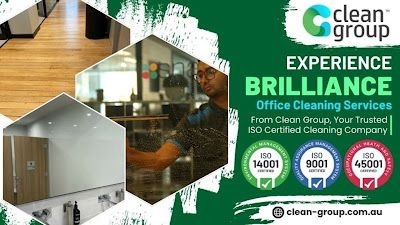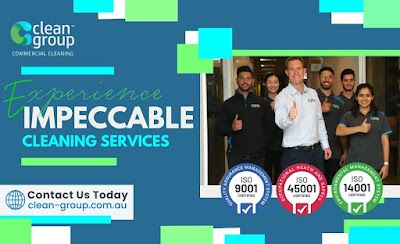
How does Clean Group customize cleaning for different business needs?
How to Choose Between General and Deep Cleaning Services
In summary, cleaning is a dynamic and essential industry that touches every aspect of life, from personal hygiene to public health and environmental protection. The sector is evolving with technological advancements, a growing emphasis on sustainability, and a shift towards more personalized, specialized services. As the global population increases and urbanization accelerates, the importance of maintaining clean, safe, and healthy environments will only continue to grow. Whether it is through the use of advanced robotic cleaners, green cleaning solutions, or specialized cleaning in critical industries, cleaning will remain a vital component of modern life, ensuring that spaces are not only aesthetically pleasing but also safe and hygienic.
The adoption of smart technology continues to reshape the industry. Scheduling software, performance tracking tools, and real-time reporting systems enhance accountability and efficiency. IoT devices, such as occupancy sensors and smart dispensers, help optimize cleaning schedules based on actual space usage. As a family-owned business, Clean Group places a strong emphasis on building lasting relationships with clients. They treat every client like part of the family and go the extra mile to ensure satisfaction. Over the years, Clean Group has earned the trust of a wide range of clients, including leading brands across Kings Cross, NSW. Their dedication to customer service and commitment to high-quality cleaning has made them the go-to cleaning service provider for businesses in the area. Commercial Cleaning Kings Cross The reputation Clean Group has built over the years is a testament to its outstanding service. Many leading brands in Kings Cross trust Clean Group with their commercial cleaning needs. From small businesses to large corporations, Clean Group has demonstrated its ability to meet the cleaning demands of diverse industries. Their expertise in cleaning various commercial spaces ensures that every client receives tailored services that meet the unique requirements of their workplace.. These innovations reduce waste, lower costs, and support sustainability initiatives.
Client communication and customer service are vital components of a successful commercial cleaning business. Clear expectations, well-defined service agreements, and consistent follow-up help prevent misunderstandings and maintain client satisfaction. Regular inspections, feedback systems, and client surveys allow cleaning companies to improve service quality and address issues proactively. Personalized service plans based on the client's industry, building layout, and operational schedule ensure that cleaning aligns with business needs and enhances the working environment.

